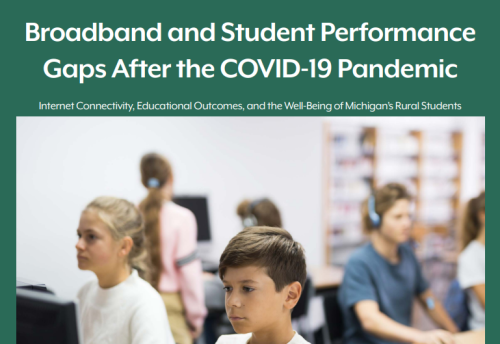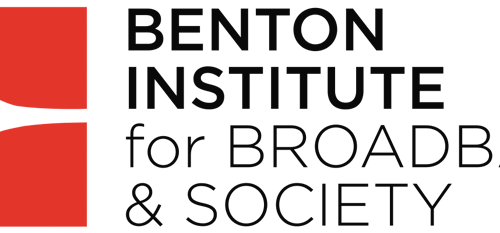This Webcast is from a Quello Center seminar conducted by Adam Candeub, MSU Law Faculty and Co-Principal Investigator of the Network Neutrality Impact Study. Professor Candeub provides his preliminary views on the details of the FCC’s network neutrality rules. The title of the seminar was Anatomy of the FCC’s Network Neutrality Rules, by Adam Candeub @ Quello Center, which was held on 18 May 2015.
Protecting and Promoting an Open Internet by Adam Candeub from Quello Center on Vimeo.
The FCC approved Chairman Tom Wheeler’s network neutrality proposal on 26 February 2015. The 3-2 vote for approval has been called a ‘watershed victory for activists’ in support of an open Internet, but criticized by others as a risk to the vitality of the Internet. Whether you are a proponent, opponent or observer of the net neutrality concept, it is useful to have an understanding of the actual ruling. In early April, the FCC sent the proposed rules to the Federal Register for publication, expected in June.
Our law colleague, Professor Adam Candeub, had been reading through the rules and offered to share his thoughts and interpretations of the ruling at a Quello Center Seminar for the Net Neutrality Impact Study.
Biographical Sketch
Adam Candeub is Professor, and Director of the Intellectual Property, Information & Communications Law Program, at Michigan State University College of Law, which he joined in 2004, and Director of the Intellectual Property and Communications Law program at MSU. He is a key resource for the Quello Center in areas of media law and policy. He was an attorney-advisor for the Federal Communications Commission (FCC) in the Media Bureau and previously in the Common Carrier Bureau, Competitive Pricing Division. His work at the FCC involved him in critical decisions in communications law. From 1998 to 2000, Professor Candeub was a litigation associate for the Washington D.C. firm of Jones, Day, Reavis & Pogue, in the issues and appeals practice. He also has served as a corporate associate with Cleary, Gottlieb, Steen & Hamilton, also in Washington, D.C. Immediately following law school, he clerked for Chief Judge J. Clifford Wallace, U.S. Court of Appeals for the Ninth Circuit. While in law school, Professor Candeub was an articles editor for the University of Pennsylvania Law Review. He is well published in numerous law reviews. Professor Candeub’s scholarly interests focus on the intersection of regulation, economics, and communications law and policy.



